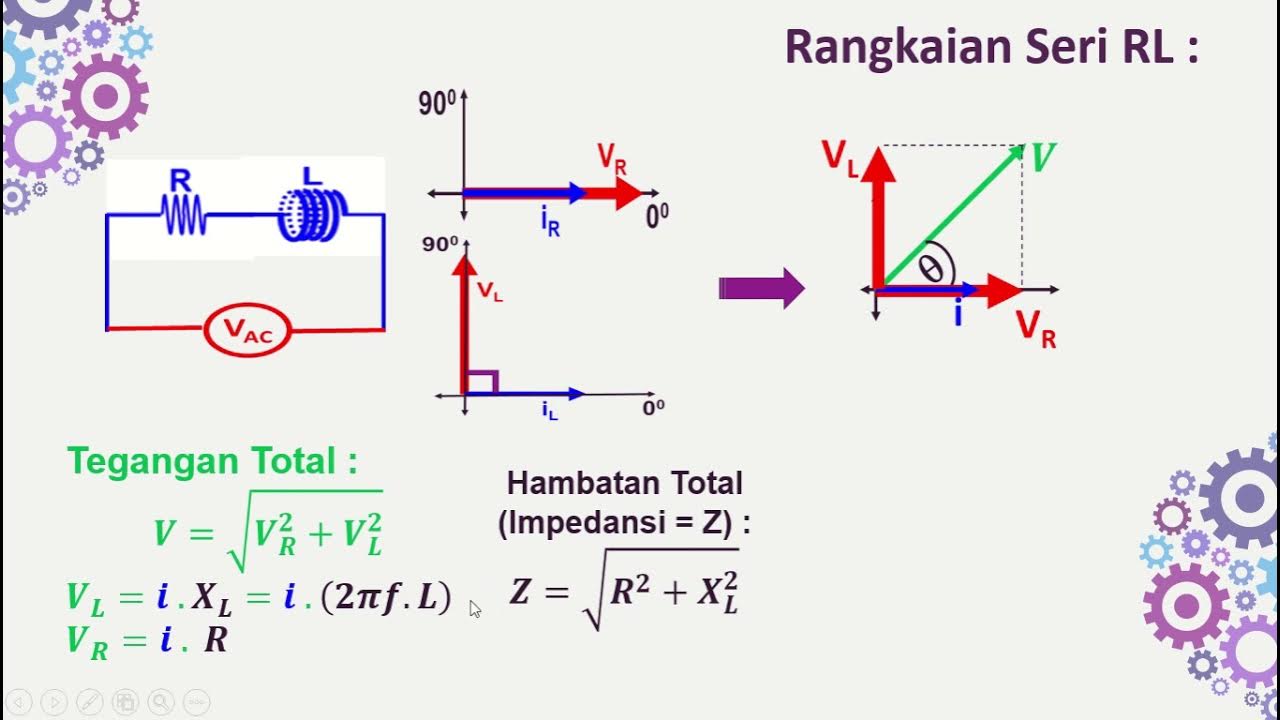Kajian Agraria Kritis by Podcast ARC
Summary
TLDRThe podcast RC Protes RC, supported by CCFT, delves into critical agrarian studies, focusing on the social and political aspects of land use. It distinguishes between 'agrarian' and 'land', emphasizing the broader scope of agrarian studies which includes power dynamics over land. The podcast explores the agrarian structure, including land ownership, labor patterns, and operational limits, and discusses social institutions and their impact on resource distribution. It also addresses land tenure systems, highlighting the disparities in land ownership and the critical examination of agrarian inequality.
Takeaways
- 🌱 The term 'agrarian' originates from the Latin word 'ager', meaning land, agriculture, or a plot of land that includes plants, animals, water, minerals, and is a place of rural commodities.
- 🏞️ 'Agraria' is a broader concept than 'land', encompassing not only the physical aspects of the land but also the social and political ways in which the land is utilized and managed.
- 📚 Agrarian studies focus on the relationships between people or groups associated with land control, shaped by local cultural norms or social structures.
- 🔍 Agrarian studies involve analyzing the dynamic relationships between individuals and groups, influenced by changes in social structures and their management of the natural environment.
- 🏘️ Understanding agrarian structure involves looking at social, cultural, and economic-political structures within a society.
- 👥 Key components of agrarian structure include land ownership, land cultivation patterns, and the limits and scale of land operation.
- 🏡 'Land tenure' systems are crucial in agrarian studies, detailing the relationships between people and land or natural wealth within a region.
- 📉 Agrarian studies critically examine land tenure systems, focusing on who holds rights to the land and the types of rights involved, such as ownership or temporary use rights.
- 🌾 The cultivation pattern of land is closely related to ecological conditions, including whether the land is worked extensively or intensively, and the use of irrigation or mechanization.
- 🏛️ Social institutions, such as formal regulations and informal practices, play a significant role in agrarian studies as they shape the social context determining access to resources and power dynamics.
- 🛑 Agrarian studies also look at 'agrarian disparities' or land ownership inequalities, examining who controls the land and the distribution of land rights, which can lead to social conflicts and power struggles.
Q & A
What is the main focus of the RC podcast?
-The RC podcast focuses on distributing knowledge and critical analysis from the Agraria Research Center, supported by CCFT, in an audio format.
What is the difference between 'agrarian' and 'land' in the context of the podcast?
-In the podcast, 'agrarian' refers to a broader concept that includes land, water, airspace, and natural resources within a territory, while 'land' is more narrowly defined as a plot or area used for various purposes, including agriculture.
How does the concept of 'agrarian' relate to social and political aspects?
-The concept of 'agrarian' in the podcast is related to how land or territories are utilized socially and politically to meet the needs or form the livelihoods of people and groups around them.
What are the two key concepts within the understanding of agrarian studies mentioned in the podcast?
-The two key concepts are 'relationships' and 'cultural or social structures', which show the interconnection between agrarian studies and general social science.
What is meant by the term 'agrarian structure' in agrarian studies?
-Agrarian structure refers to the patterns of interaction within society that are relatively stable, and it is closely related to understanding social, cultural, and economic-political structures.
How does the agrarian structure affect aspirations for change within a community?
-The agrarian structure can either encourage or hinder a group's aspirations for change in a particular place, depending on the relationships and power dynamics within that community.
What are the three main components of agrarian structure according to Elias Tuma?
-The three main components of agrarian structure are land control, patterns of land cultivation, and the limits and scale of land control.
What does 'land control' signify in the context of agrarian studies?
-Land control signifies the system that forms part of a society's social life and explains the subjects, objects, and types of rights over land among community groups.
What are the key concepts of land control mentioned in the podcast?
-The key concepts of land control are ownership, control or holding, and use or utilization.
How does the pattern of land cultivation relate to ecological conditions?
-The pattern of land cultivation is closely related to ecological conditions, such as whether the land is worked extensively or intensively, and whether it relies on natural systems or requires irrigation for maximum production.
What is the role of social institutions in agrarian studies?
-Social institutions, which include norms, rules, or procedures that regulate actions and behaviors, play a significant role in agrarian studies as they shape the social context that determines sources of social, economic, and political power.
Outlines

Cette section est réservée aux utilisateurs payants. Améliorez votre compte pour accéder à cette section.
Améliorer maintenantMindmap

Cette section est réservée aux utilisateurs payants. Améliorez votre compte pour accéder à cette section.
Améliorer maintenantKeywords

Cette section est réservée aux utilisateurs payants. Améliorez votre compte pour accéder à cette section.
Améliorer maintenantHighlights

Cette section est réservée aux utilisateurs payants. Améliorez votre compte pour accéder à cette section.
Améliorer maintenantTranscripts

Cette section est réservée aux utilisateurs payants. Améliorez votre compte pour accéder à cette section.
Améliorer maintenantVoir Plus de Vidéos Connexes

I Bought 5 R/C Cars On TEMU For Less Than 1 Traxxas Car *Are They Any Good?*

Rangkaian Seri RL-RC-LC dengan Sumber AC

How to build your own drone | Drone kaise banaye Part 1 by Hi Tech xyz

Reading Comprehension | How to solve a Reading Comprehension | Format | Example | Writing Skills

Tricky CAT RC Questions Made Simple ❤️ | Tips from CAT VARC 100%iler

A FACE OCULTA DO MST
5.0 / 5 (0 votes)
